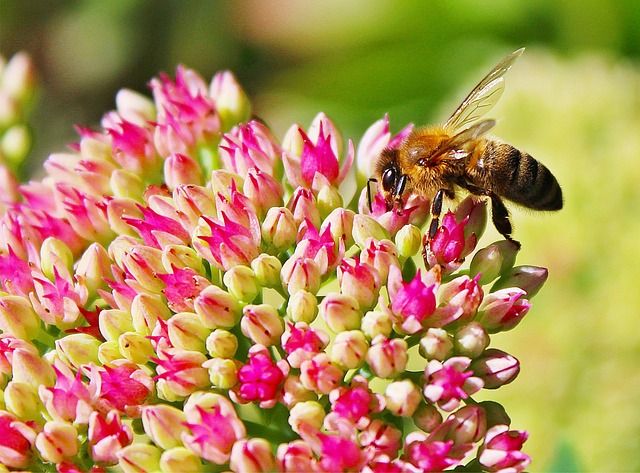It's relatively common knowledge that the current decline in bee populations isn't a good thing, but the true extent to which bees benefit our lives is little understood. It's not just the materials they produce, either. While we reap much benefit out of honey and propolis (the ingredient we use in our cold sore treatment), pollination plays a major role in the production of crops worldwide.
The UN bio-diversity panel says that animal pollination accounts for 5-8% of global agricultural production and approximately three quarters of crops grown by humans either depend on or benefit from animal pollination – about 80% of which is done by honeybees.
A report by the IPBES (Intergovernmental Science-Policy Platform on Biodiversity and Ecosystem Services) emphasised the issues that accompany a declining bee population.
"Pollinator-dependent species encompass many fruit, vegetable, seed, nut and oil crops, which supply major proportions of micronutrients, vitamins, and minerals in the human diet," the report stated and fewer pollinators would mean stable fruit and vegetable output could be jeopardised.
If bees were to become extinct, we'd have to rely on wind-pollinated crops such as rice, corn, barley and wheat - sounds bleak to us.
According to the World Weekly, since 2010, the commercial honeybee population in the UK has decreased by 45%; a depletion caused by a variety of factors including habitat loss, pollution, invasive species, climate change and pesticides. The latter have dominated headlines recently as certain pesticides have been suspended in the UK, and France plans a total ban on a number of pesticides by September 2018.
The importance of bees in creating health products, such as our cold sore treatment, barely scrapes the surface of how much we rely on the species. So, we guess, the answer to the question above is "No!" - we are most definitely not over-reacting to the threat of disappearing bees.
To see how you could help the bee population, read Buzz About Bees' tips here.












